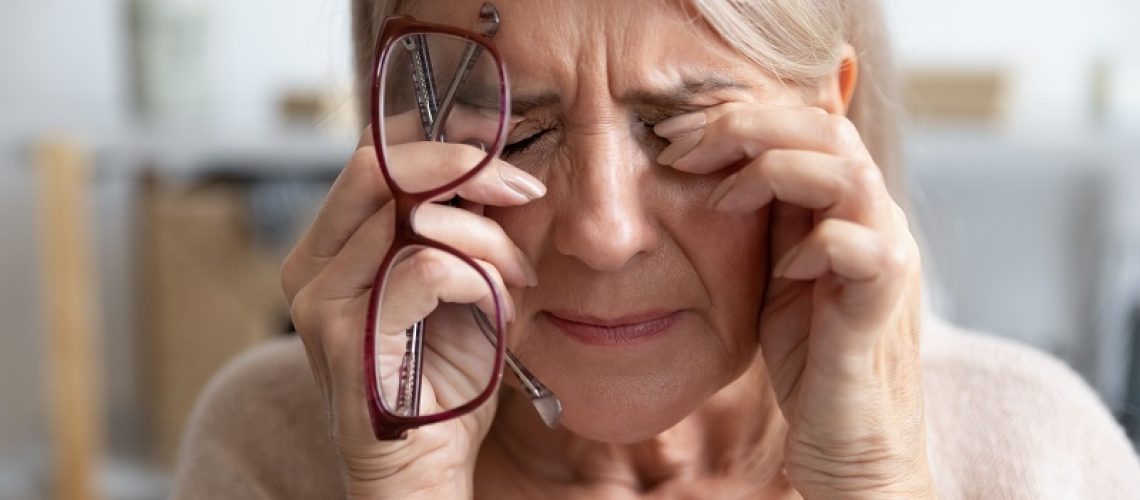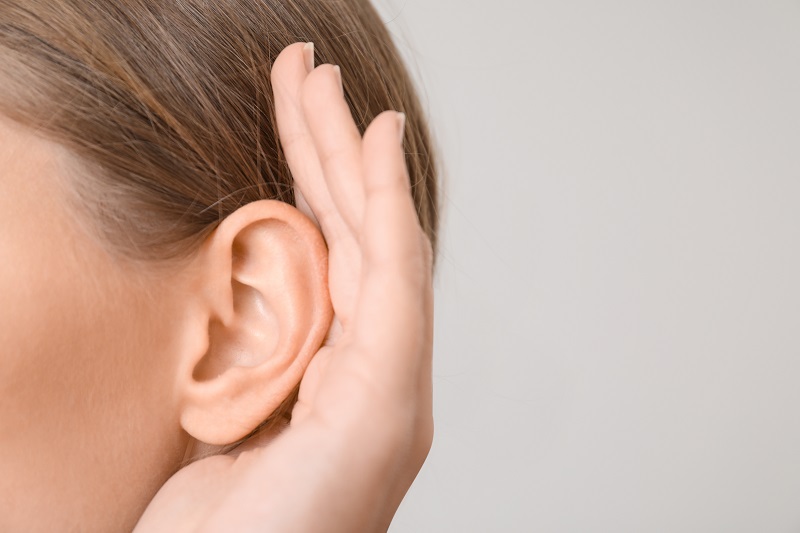When you think of getting older, you might think of physical changes like hair turning gray or white, skin becoming more wrinkled, or increased difficulty in getting around. Hearing loss or vision loss may also come to mind—after all, it’s almost a stereotype for older people to wear reading glasses and hearing aids.
In reality, many people do experience loss of hearing or eyesight as they age. In the United States, approximately one in three people from the age of 65 to 74 have age-related hearing loss, and about half of people older than 75 have difficulty hearing. In addition, approximately one in three people have some form of vision-reducing disease by the age of 65. It is clear that losing some hearing or eyesight as we age is far from rare.
However, age-related hearing loss or vision loss can also affect your mind and memory. This was demonstrated in a new study that was published in the April 2021 online issue of Neurology, the medical journal of the American Academy of Neurology. The study found that people with both hearing and vision loss were twice as likely to have dementia than those who had normal seeing and hearing or only one impairment.
The study followed 6,520 people between the ages of 58-101. The study participants were asked to complete a questionnaire that included questions about their hearing and vision. At the start of the study, 932 participants had normal hearing and vision, 2,957 had either visual or hearing impairment, and 2,631 reported that they had both. The researchers found that dementia was more than twice as common among those with both hearing and vision impairment at the beginning of the study.
The study followed the participants during a six-year period. During those six years, 245 people developed dementia. After adjusting for factors like sex, income, and education, the researchers found that those with both hearing and vision impairment were twice as likely to develop dementia as those without impairment. They also found that participants with only one impairment were no more likely to develop dementia than those with normal hearing and seeing. Furthermore, when thinking tests were administered to the study participants, those with both hearing and vision impairment showed a steeper decline in scores.
JinHyeong Jhoo, M.D., Ph.D., one of the study authors, noted that additional research is needed to better understand why having both hearing and vision loss increases the risk of dementia while having only one impairment does not. Researchers have hypothesized that the increased risk of dementia among this group may be related to greater social isolation and depression. People with only one impairment can often maintain their social lives to an extent, while those with both hearing and vision loss are more likely to experience social isolation and depression. In turn, social isolation and depression have been linked to a greater risk for dementia and cognitive decline.
It is important to have your hearing and vision tested regularly so you can take steps to treat any conditions (like wearing hearing aids or glasses). To learn more about how you can protect yourself from dementia or to schedule an appointment with our hearing specialist, we welcome you to contact our office today.
Share this post
Share on facebook
Share on twitter
Share on linkedin
Share on pinterest




